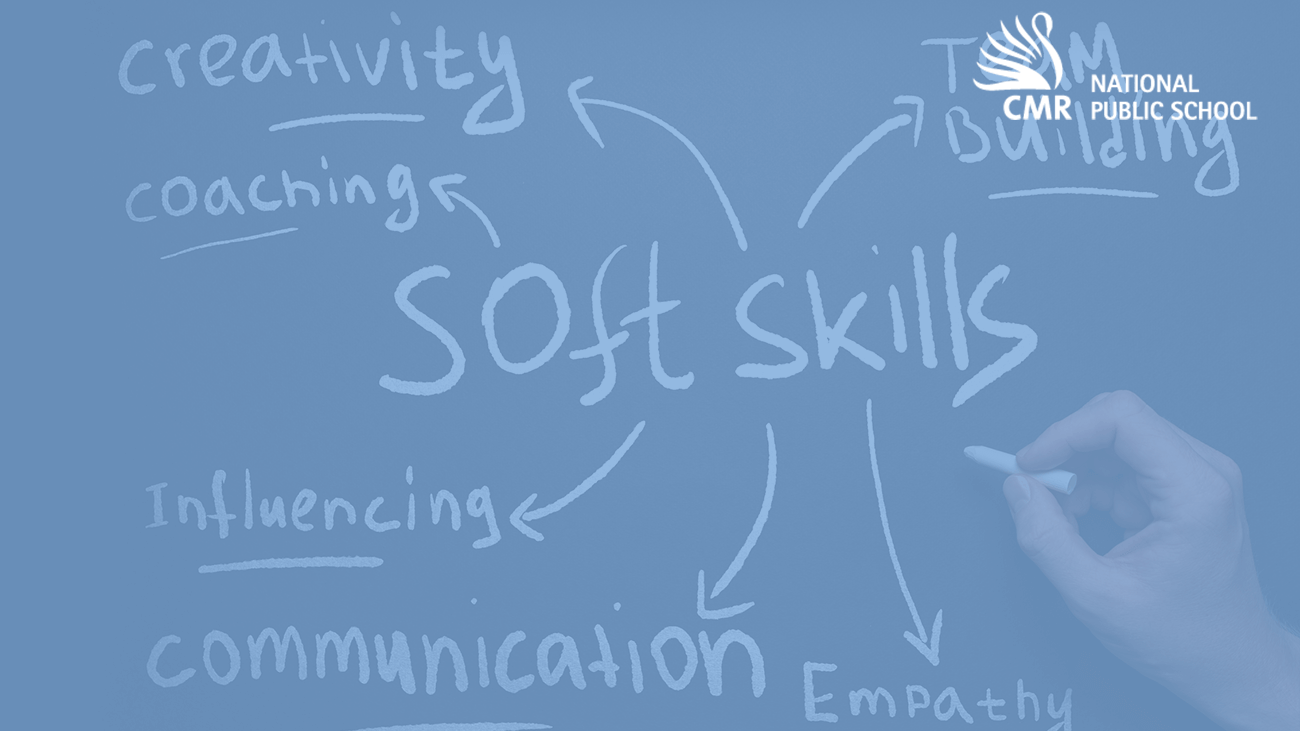“When the list of internship openings was released by the school, the internship at Diya Foundation particularly grabbed my attention as it would give me an opportunity to mingle with, understand, and possibly help a very misunderstood and misjudged section of society – the intellectually disabled. I was more than happy when I was offered the internship at Diya, but more than anything else I was very nervous as to what it might be like there. So, I would say, before the internship started, I really didn’t step in with many expectations.

As the first day at any new place, my first day at Diya too was quite a rocky one – I had absolutely no idea as to what I could talk to the trainees about, what things I should not be talking about or how I should be giving them instructions. It, in fact, made me so anxious that I would wait for the day to get over. But, as the days passed by, I started to get to know the trainees and trainers and it became something that I looked forward to.
I also must say that all the trainers – Sarah Ma’am, Shirley Ma’am, Deepika Ma’am, Lenny Ma’am and Arun Sir – were the absolute best and were very understanding and supportive and helped me greatly in my work with the trainees. The trainees there too were amazing and made me feel right at home.

After the first week, I was starting to make really good friends with some other interns at Diya and that really helped as I finally had somebody to talk to about my day.I learnt a great deal from my Internship but one of the most important things was empathy. It is a common notion to sympathise with intellectually disabled people and to ‘feel bad’ for them. We often seem to think of them as unimaginative and monotonous people who need our pity and sympathy to survive. I have also seen people who are doubtful to start a conversation with them as they think that they are incapable to communicate ‘normally’- me myself doing it a lot of times.
Through this internship, I understood that this is a very wrong perception – the trainees there are massively creative, dedicated to whatever they do, loving, understanding, and more than anything else – they are as good at communicating as anybody else. I also learnt that they do not require our sympathy or pity. What they do need is love and patience – something that anybody would need.
This learning further extends to the fact that rather than helping somebody out of sympathy, we must do so by empathising with them – by knowing how it feels to be in their shoes.
In all, this internship was a wonderful experience that has left me with some great friends, so many newly learnt skills and values that I can use throughout my life. Besides this, it has also exposed me to the outer world, given me experience for my working days in the future, and pushed me beyond my comfort zone for the better.”


